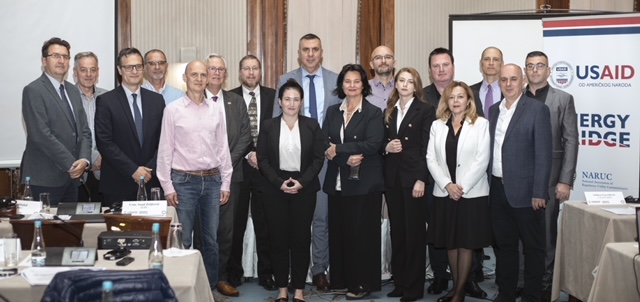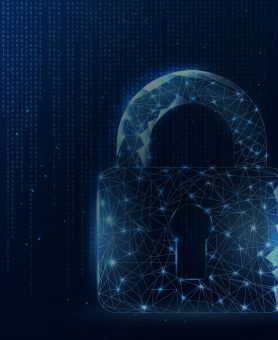
Cyber Security
The development of the energy sector implies the use of modern technologies and sophisticated technical solutions that have a specific IT infrastructure. Taking into account the great importance of this sector on society development, it represents a key communication infrastructure that needs to be protected inside cyberspace. Cyber or cyberspace represents a widespread and interconnected space of digital technologies. Due to those interconnections it is subject to various forms of threats that can have a negative impact and huge consequences for the security of the energy sector. Cyber security of main energy sector infrastruction is becoming more important for security of energy supply, distribution, transmission and storage.
EU Directive 2016/1148 requires from the European Union Member States to adopt their own strategy for the security of information and communication systems with the aim of achiving and maintaining a high level of their security, which includes the energy sector as well. Currently, this Directive is not adapted for the contarting partys of the Energy Community Treaty, so these requirements are not yet mandatory for Bosnia and Herzegovina. However, given its commitment to future EU membership, BiH will need to adopt new legislation and align existing cyber security legislation.
USAID EPA Goals
USAID EPA, in coordination with other international organizations active in this field, will provide technical assistance to the competent institutions in BiH in developing a roadmap for the implementation of this directive and meeting the requirements for improving cyber security in the energy sector.


